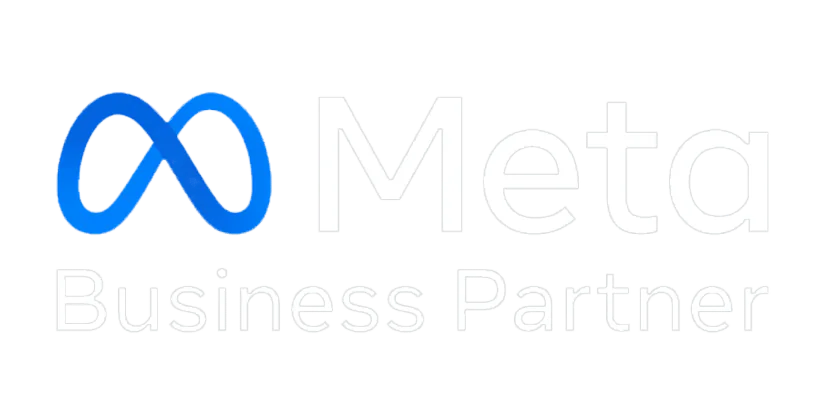How WhatsApp Automation Helps D2C Brands Compete with Marketplaces
Introduction
For direct-to-consumer (D2C) brands, competing with giant marketplaces like Amazon, Flipkart, or Myntra often feels like a David vs. Goliath battle. Marketplaces offer scale, convenience, and reach, while D2C brands focus on personalization, brand loyalty, and customer intimacy.
This is where WhatsApp automation changes the game. By turning the world’s most popular messaging platform into a full-fledged sales, service, and marketing channel, D2C brands can engage customers directly, recover lost sales, and build loyalty—all without the high commissions and fragmented visibility of marketplaces.
The WhatsApp Advantage for D2C Brands
- Unmatched reach: Over 2 billion users worldwide, with 98% message open rates.
- Personal connection: Customers perceive WhatsApp messages as more personal and trustworthy compared to emails or push notifications.
- Speed and convenience: Instant responses, real-time updates, and conversational interactions drive engagement and conversions.
Unlike marketplaces, where your brand competes for attention, WhatsApp gives you a direct, distraction-free line to your customers. Learn more about conversational commerce solutions designed specifically for D2C growth.
Key Ways WhatsApp Automation Empowers D2C Brands
1. Real-time, Automated Customer Support & Order Notifications
Automated bots handle FAQs, order confirmations, delivery updates, and return requests. Customers get instant answers without waiting for agents, while brands save time and resources.
👉 Explore automated WhatsApp chatbots that streamline customer service for D2C brands.
2. Cart Abandonment Recovery & Personalized Nudges
With WhatsApp automation, brands can send timely reminders when customers abandon their carts. Personalized nudges—like discount codes or product recommendations—bring shoppers back to complete their purchases.
3. Conversational Campaigns & Broadcasts
Instead of one-way promotions, WhatsApp allows interactive campaigns. D2C brands can send:
- Product launch announcements
- Limited-time offers
- Storytelling campaigns that build brand identity
This creates marketplace-like reach but with much higher engagement rates. Tools like The Bot Mode make it easier to manage scalable broadcasts while maintaining personalization.
4. In-Chat Shopping: Catalogs + Payments
Customers can browse catalogs, add items to cart, and even pay—all within WhatsApp. This frictionless buying journey reduces drop-offs and accelerates conversions.
5. Integration with CRM & Analytics
WhatsApp automation tools integrate seamlessly with CRM, Shopify, and analytics platforms. Brands can track customer behavior, segment audiences, and run data-driven campaigns, rivaling marketplace-level targeting. For seamless integrations, explore The Bot Mode’s automation suite.
How This Levels the Playing Field Against Marketplaces
- Customer Loyalty: Direct and personalized interactions build stronger brand relationships than generic marketplace experiences.
- Cost Savings: D2C brands avoid high marketplace commissions by selling directly.
- Better Visibility: Instead of getting lost in a crowded marketplace, WhatsApp ensures your brand has a direct channel to customers.
- Higher Conversions: With open rates above 90%, WhatsApp campaigns outperform email and SMS, leading to faster sales cycles.
Conclusion
Marketplaces may dominate with scale, but WhatsApp automation gives D2C brands the superpower of personalization, loyalty, and direct engagement. From real-time customer support to cart recovery and in-chat shopping, it creates a marketplace-like experience—without the middleman.
For D2C brands ready to scale, WhatsApp isn’t just a tool; it’s the secret weapon to compete—and win—against marketplaces. Start your journey today with The Bot Mode.
FAQs
Q1: What is WhatsApp automation for D2C brands?
It’s the use of chatbots, templates, and automation tools on WhatsApp to handle sales, support, and marketing without manual effort.
Q2: How does WhatsApp help D2C brands compete with marketplaces?
It provides direct customer engagement, higher conversions, and brand loyalty while avoiding marketplace fees and competition.
Q3: Can customers shop and pay directly on WhatsApp?
Yes, with catalogs and integrated payment options, WhatsApp enables a complete in-app shopping journey.
Q4: Is WhatsApp automation cost-effective?
Yes. Compared to ads or marketplace commissions, WhatsApp automation delivers higher ROI at lower costs.













